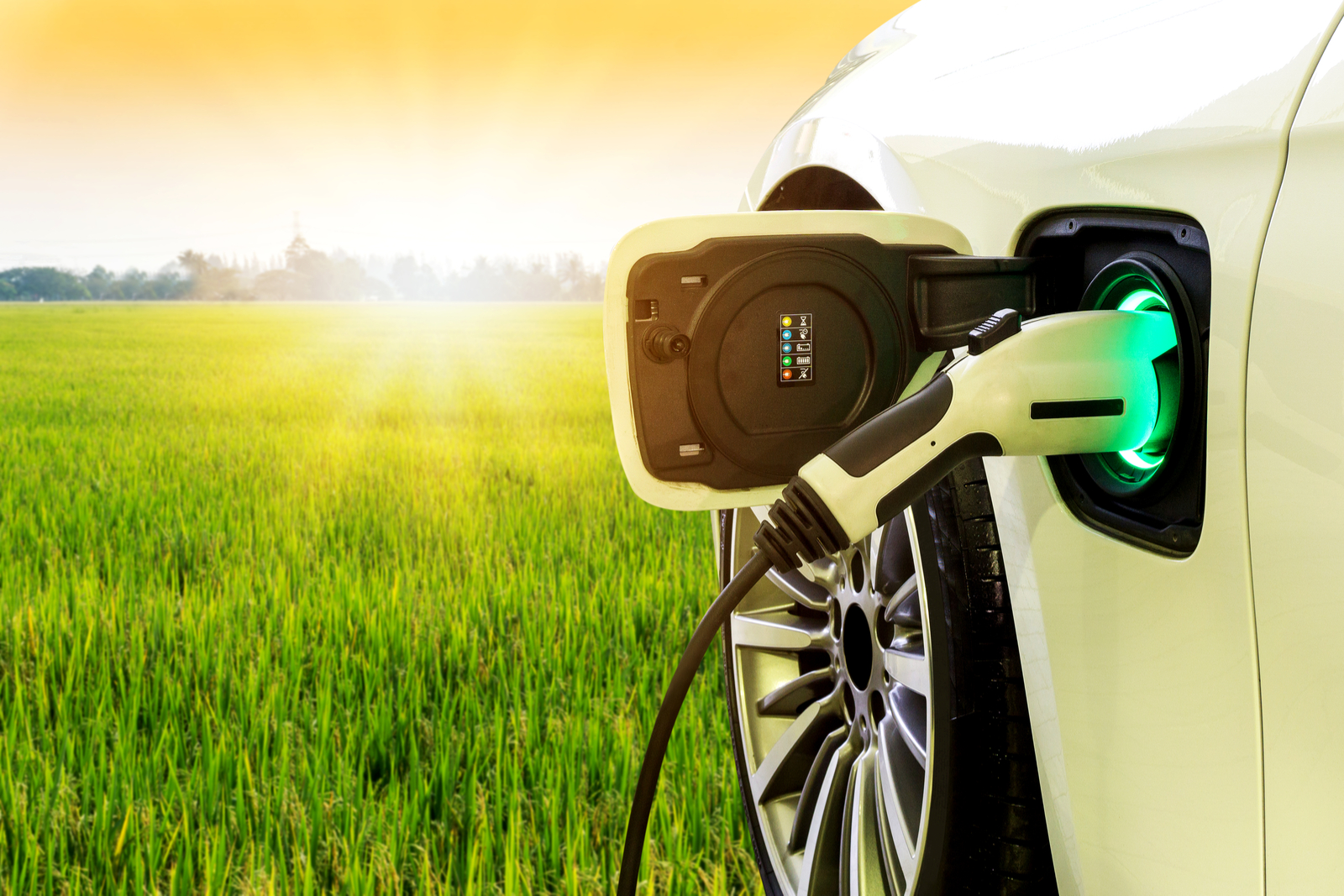The emerging cars of the future — but will they actually save the planet?

The emerging trend in the auto industry is promising “electrification, automation, and connectivity,” with more and more players racing to reinvent the wheel, Nick Stockton writes for Wired. Rivian, founded in 2009 in Florida as Mainstream Motors, is attempting to combine elements from both the old and the new. It involves licensing an all-electric engine, dubbed the “skateboard,” to other makers to build cars on top of it, much like Karl Benz did when he successfully fired the world’s first practical vehicle. The latter part, meanwhile, involves using skateboard in-house to access a largely untapped part of the EV industry: luxury pickup trucks.
Rivian is but one of many non-traditional players in the EV market: Last January, Reuters predicted that companies like VW will invest some USD 300 bn in EV tech over the coming 5-10 years. A significant chunk of this will go into direct partnerships with lesser-known, slightly unorthodox companies that are all-in for future auto industry tech. GM acquired autonomous vehicle company Cruise, Amazon invested USD 700 mn in Rivian, and Alphabet, Apple, Uber, and Cisco all have their “car-of-the-future” spinoffs.
Before you rush to by your electric car thinking you’re helping to save the planet: A recent publication by a trio of experts Germany’s Ifo Institute suggests that electric cars may not be quite as clean a form of transportation as we thought. Taking into account CO2 emitted during the production process, the scientists believe that EV’s may in fact be more polluting than their diesel equivalents, potentially leading to between 11-28% more emissions in the future.